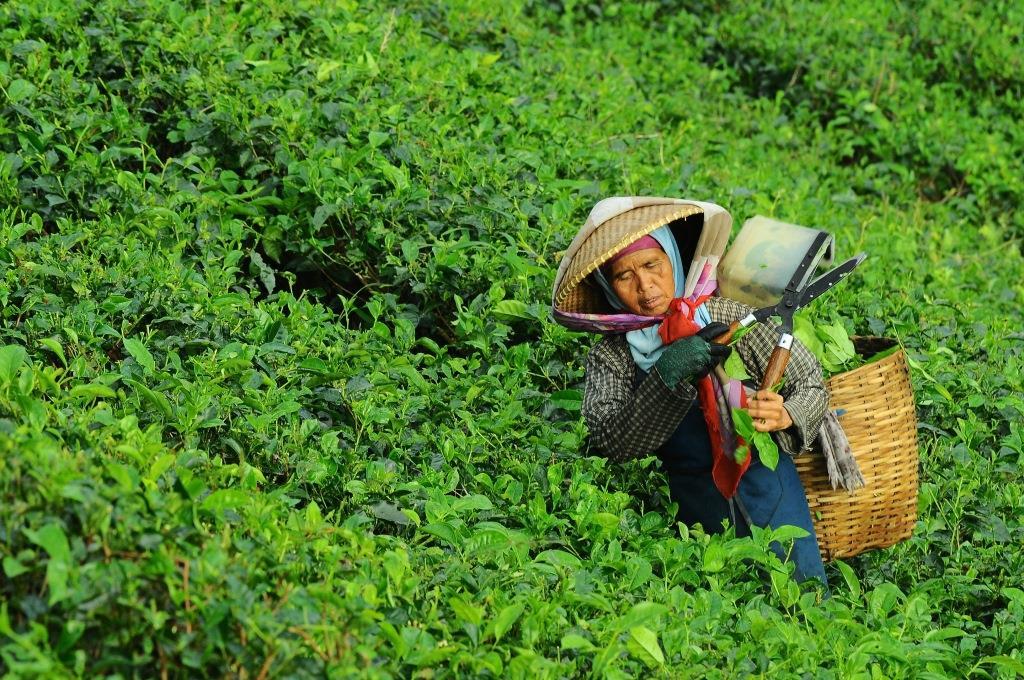
By Mark Driscoll
World Fair Trade Day took place over the weekend on May 14. This day is set aside to raise awareness of environmental and social sustainability issues associated with trade and business, and to push for more equitable and fair practices globally.
This is an increasingly salient topic for businesses and consumers alike, as populations across the globe – especially in developing regions – increasingly feel the negative effects of unsustainable production, such as low wages, pollution, food contamination and health scares.
This issue, as with many sustainability issues, is a pre-competitive one. Greater demand for more sustainable products has helped push brands to act more ethically. Concern over quality and ethical responsibility means that organizations continue to reconsider both internal practices and external supply chain relationships.
However, for system-wide change to happen across entire sectors, collaboration between and amongst businesses, NGOs and governments needs to happen. The challenge is huge, and it's impossible for any one organization to tackle alone.
The limits of certification
Certification schemes, in particular the Fairtrade Foundation’s Fairtrade logo in the U.K. and Fair Trade USA's equivalent label in the states, have done a phenomenal job in raising awareness of fair trade issues. But at this point it’s worth reminding ourselves that the ‘fair trade’ concept should, and needs to, go well beyond individual certification marks and logos.Multiple certification schemes create audience confusion and fragment consumer choices. For example, the Rainforest Alliance focuses more strongly on the environment, whereas Fairtrade certification focuses more on equitable wages for farmers and workers. There is also a limit to how many areas and farmers that these schemes can support.
What I would love to see is more of these certification schemes working together to consolidate criteria to create a comprehensive standard that all retail products should measure up to. Working together allows these separate schemes to address a wider spectrum of sustainable development needs, and maximize their collective impact.
Beyond certification and into collaboration
At the same time, we need to look at the bigger picture. The ultimate goal should be to make all products fair trade. In the wider fight to get quality products on shelves that have been produced in a way that is responsible to workers, communities, the environment and the supply chain, certification schemes are just one tool in the toolbox.While certification schemes have achieved a great deal, it is time to move beyond the certification model by taking the best of each scheme – habitat conservation, fair economics, positive social impact and more – to create a new mainstream. Embedding fair trade and sustainability principles in all products on the shelf means that consumers won’t have to choose between different products with varying degrees of sustainability.
This is what Forum for the Future calls systemic change – striving for change across entire systems – which is difficult and requires complex collaborations, but it is necessary. A couple of examples: In our Protein Challenge 2040 and Tea 2030 projects, we took on the ambitious task of creating unique, pre-competitive collaborations that bring together retailers, local and national governments, global trade organizations, and more to tackle very big problems: How to provide 9 billion with enough protein while minimizing impact on the environment; and how to reconfigure the production and consumption of tea around the world in a way that makes the trade ready for the challenges of the future.
Taking a system approach to transforming our products will not only make the products we buy more ‘fair,' but they will also help to improve resilience, empower communities, and reconnect consumers with the people who produce their food and how it’s produced. As we grapple with the question of how to achieve a 1.5-degree world together, World Fair Trade Day is a good reminder that the time for action and big-picture thinking is now.
Image credit: Danurwendho Adyakusuma
Mark Driscoll is Head of Food for Forum for the Future.
TriplePundit has published articles from over 1000 contributors. If you'd like to be a guest author, please get in touch!














